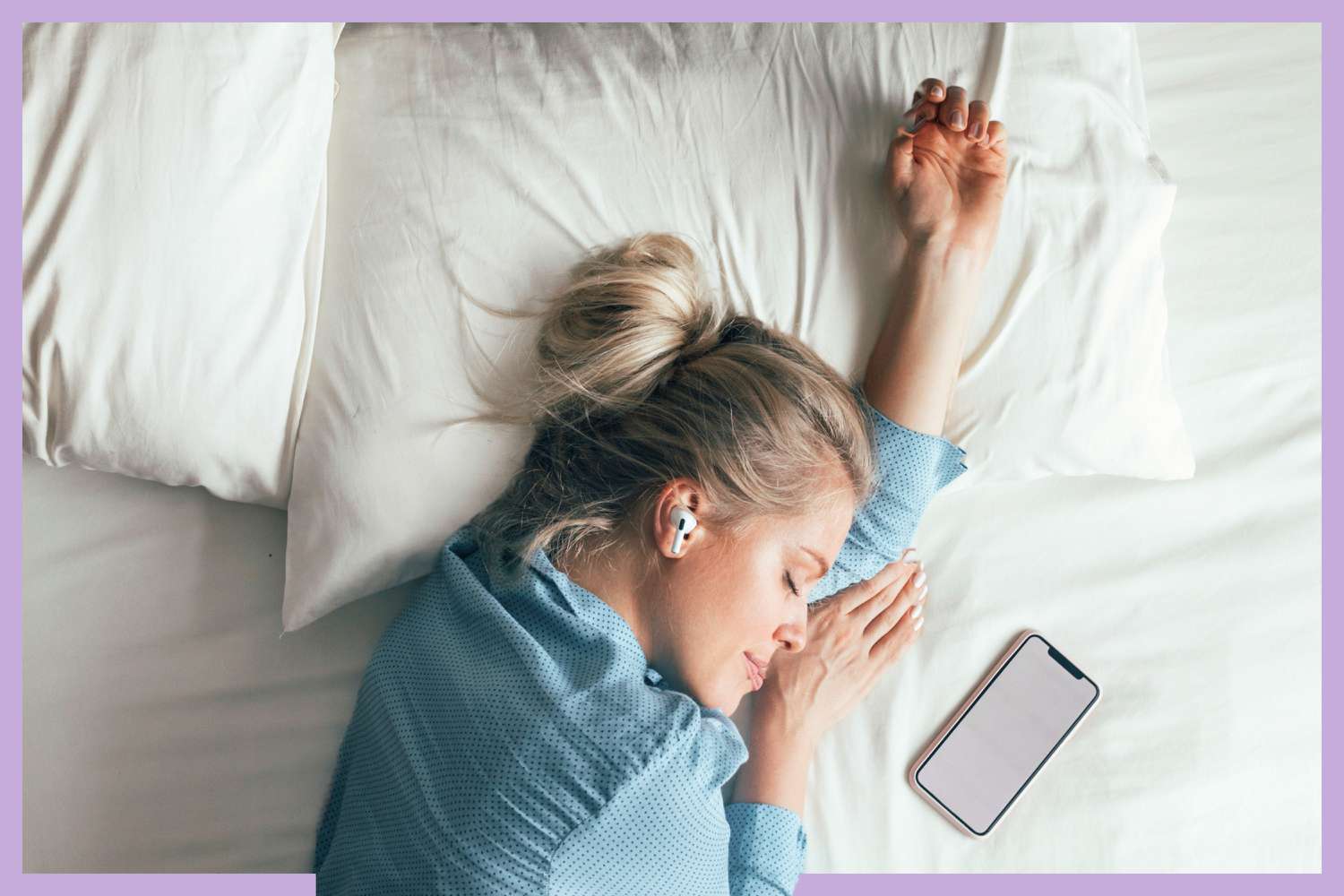Exploring Vitamin E for Hair: Advantages, Risks, and Recommendations

As an antioxidant, vitamin E (alpha-tocopherol) has long been shown to neutralize those pesky free radicals that damage our cells. It also reduces oxidative stress and potentially lowers the risk of chronic disease. This vitamin also is important for keeping skin supple and moisturized and helps provide natural UV protection.
Thanks to its benefits, vitamin E is often found in beauty product formulations like moisturizers, serums, sunscreen, lip balm, body oil, and hair care products. It's also found naturally in nuts (especially almonds), seeds, vegetable oils (including sunflower and wheat germ), egg yolks, and some green veggies like broccoli and spinach. Vitamin E supplements come in soft gel, oil, liquid, or capsule form and are often sold as a mix of eight tocotrienols and tocopherols.
With its powerful antioxidant activity and ability to fight free radical damage, vitamin E may promote scalp and hair health. However, vitamin E deficiency is not the only factor to consider. Lifestyle factors like stress, chemical processing, and hormone changes can also impact your hair's health. Here is what you need to know about vitamin E for hair health.
Vitamin E is an important nutrient that can benefit your body in several ways. It can even impact your hair health. Here's how your locks may benefit from vitamin E.
Thanks to its ability to fight oxidative stress, vitamin E has been studied for its potential role in keeping the hair and scalp healthy. We hear a lot about oxidative stress and how bad it is for us, especially for our looks. But what is it exactly?
Oxidative stress happens when our bodies can’t fight off free radicals on their own, either because we don’t have enough antioxidants in our body, or because the assault from free radicals is overwhelming. Think about being surrounded by toxic air, either from pollution or second-hand smoke. You cannot eat enough fresh produce to stave off the negative effects of these free radicals (i.e. smoke or toxins).
“Supplementing with vitamin E may help improve hair growth and thickness by boosting blood circulation to the scalp, which nourishes the hair follicles,' says Samantha Cassetty, MS, RD, a nutrition and wellness expert. 'Vitamin E may also help reduce oxidative damage, which is linked to hair thinning.”
In addition to air pollution and cigarette smoke, other factors that can cause hair and scalp damage include the sun’s UV rays, chemical hair treatments, and excessive heat from styling tools, which can damage the hair’s protective cuticle or outer layer.
Blood carries nutrients and oxygen throughout the body, so it makes sense that improving circulation in general could benefit our scalp and hair. Cassetty points to an overview of vitamin E on skin and hair health. This review found that applying vitamin E oil to the scalp boosted blood flow and provided moisture to the hair.
The same overview pointed out that while the evidence is limited, supplementing with vitamin E can potentially increase hair growth and thickness in people with alopecia by boosting blood circulation to the scalp. This increased blood flow nourishes the hair follicles and promotes growth.
More is not always better when it comes to supplements. That is certainly true for vitamin E. While there is no downside to eating food with vitamin E, using supplements can be risky due to the vitamin’s mild blood-thinning effect.
If you’re taking blood thinning medication like Coumadin, vitamin E supplements can increase your risk of bleeding. And if you’re taking a cholesterol-lowering drug like a statin, vitamin E supplements (especially when combined with other antioxidants) may lower your “good” or HDL cholesterol levels.
Finally, if you are getting chemotherapy or radiation for cancer treatment, you should avoid supplementing with antioxidants because they may protect the cancerous cells that these treatments target.
Patricia Bannon, MS, RDN, author of From Burnout to Balance, says that while vitamin E does appear to help keep the scalp and hair healthy, it shouldn’t be considered a 'magic bullet.' You also should consider genetics, hormonal changes (like perimenopause), and nutrition deficiencies. Many people experience these deficiencies, especially when trying to lose weight.
Vitamin E is fat-soluble, so it’s best to take supplements with a meal (and don’t skimp on the salad dressing). Healthy fats like avocado, olive oil, nuts, and seeds will also enhance the absorption of vitamin E and other fat-soluble vitamins.
The Recommended Dietary Allowance (RDA) for vitamin E is 15 mg daily for people 14 years old and older. For people who are breastfeeding, the amount increases to 19 mg per day. The upper limit for the vitamin is 1,000 mg daily for people 19 years and over.
As with most nutrients, it’s best to get them from food, advises Bannon. She recommends consulting with a registered dietitian or other healthcare professional before taking any supplement. Instead, consider foods rich in vitamin E, like almonds, sunflower seeds, hazelnuts, peanut butter, spinach, broccoli, soybean oil, kiwi, mango, and egg yolks.
If you're not a fan of ingesting supplements, there are topical solutions, such as hair growth serums, that may promote hair growth.




